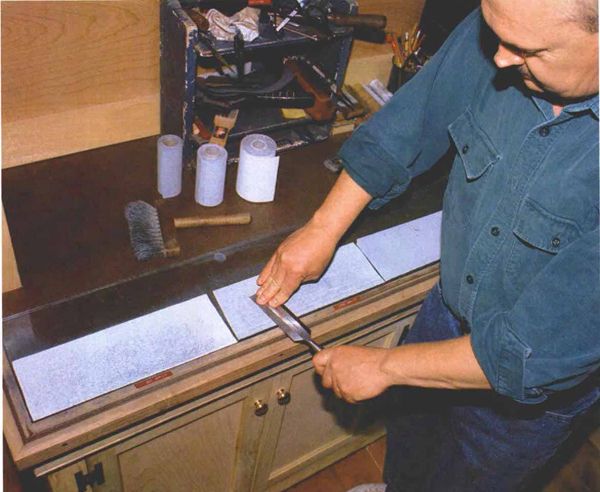
Synopsis: To make the cutting job easy and to achieve the best results, you need to use sharp tools, Mike Dunbar writes. There are many ways to sharpen, and it’s a skill that’s hard to teach yourself. Until you have used a truly sharp tool, you don’t know what standard you need to achieve, he says. It’s not hard, and it’s quick; it doesn’t matter what system you use. New tools always need sharpening, and Dunbar encourages beginners to get all the information they can to learn to do it well.
Working wood is a process of making smaller pieces from larger ones. Smoothing and shaping, peeling away thin shavings, trimming very fine amounts, fitting pieces together—every stage of the process requires cutting wood. To make the cutting job easy and to achieve the best results, you need to use sharp tools.
Few woodworkers would think of running their tablesaw with a dull blade or firing up their router with a bit they knew was as dull as a hoe. As a matter of fact, if their bits and blades weren’t sharp, they probably wouldn’t even use the tool. They’d put it down because it didn’t work right. And this is what happens with a lot of woodworkers, beginners and advanced alike, concerning hand tools. If they don’t know how to sharpen the iron of a dull plane, they set the plane back on a shelf, convinced that hand tools just don’t work.
Sharpening is a gateway skill. Once you pass through the gateway, unlimited avenues open up to you. But until you pass through the gateway, you are fated to frequently perform some of woodworking’s varied tasks in ways that are awkward, difficult and inefficient. Woodworking requires a great deal of precision and control of tools. And without truly sharp tools, precision and control are difficult.
In my chair-making school’s literature, students are advised to come to class with their tools tuned and sharpened, as this saves time for their woodworking. One of two things is said to me by almost every one of these students as they begin their work. The first is, “I didn’t sharpen my tools because I don’t know how and hoped you would be able to show me.” Or they say, “I always thought I knew how to sharpen until I used one of your shop tools.”
I hear these comments so frequently that I think the vast majority of woodworkers are struggling with tools that are not sharp, and for that reason they are not taking advantage of tools that would be better suited for the job than the ones they are forced to use. As a result, they sacrifice much of the precision they should have while working wood as well as much of the pleasure they should obtain from it.
From Fine Woodworking #134
For the full article, download the PDF below:
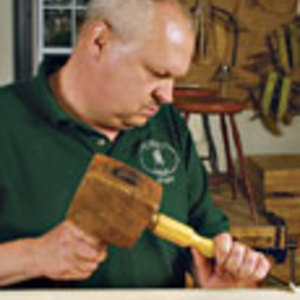


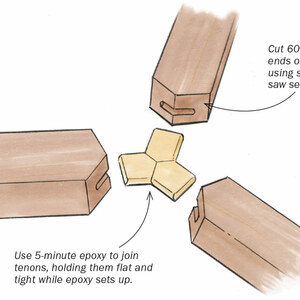
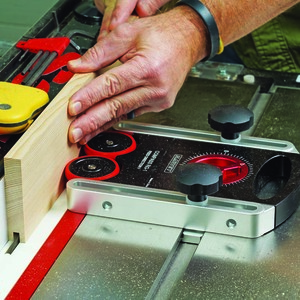
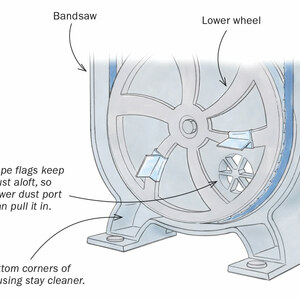
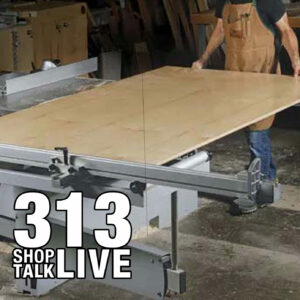



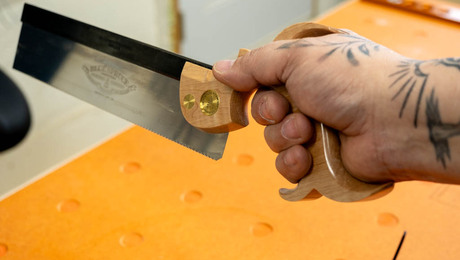
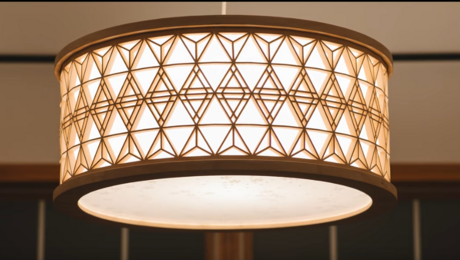
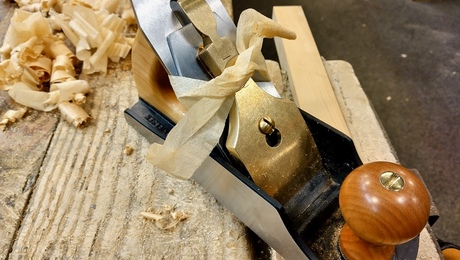
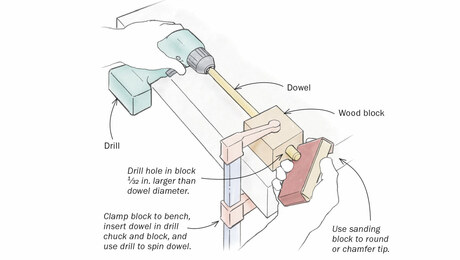
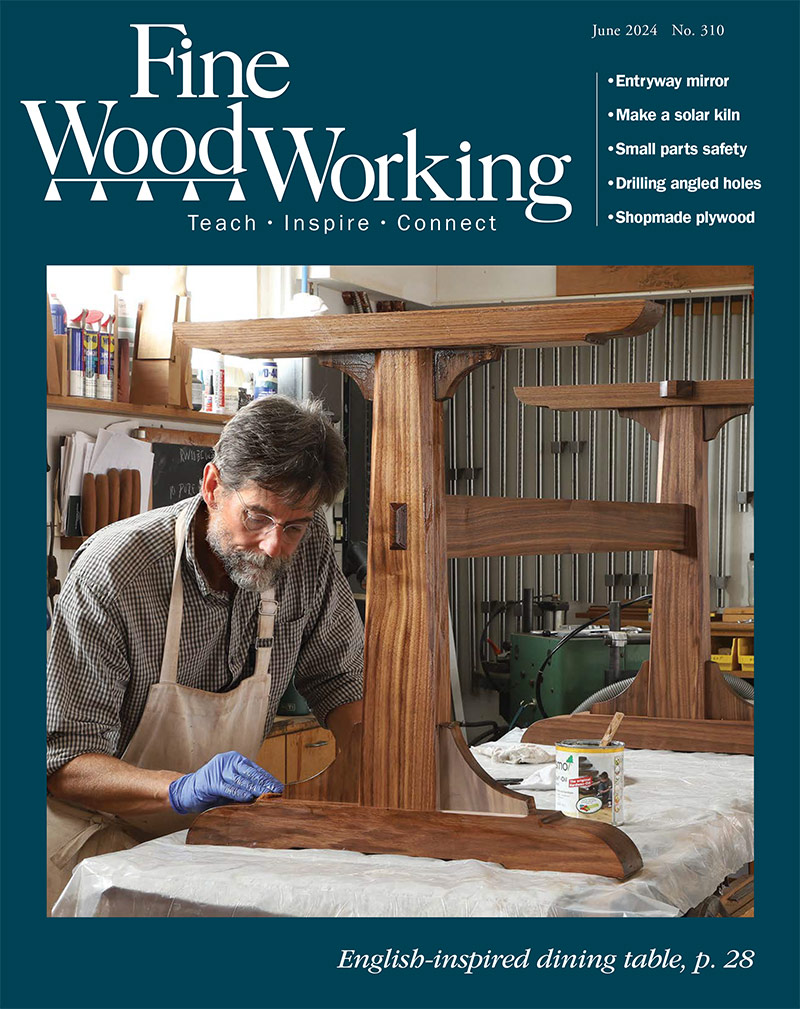
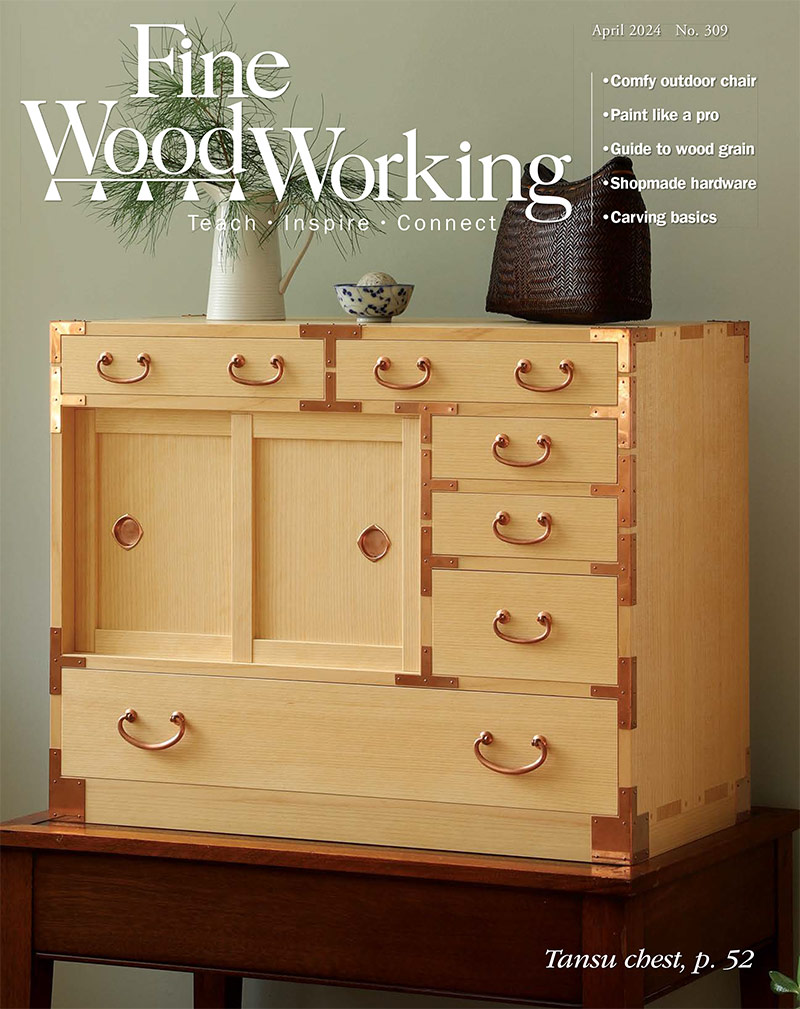
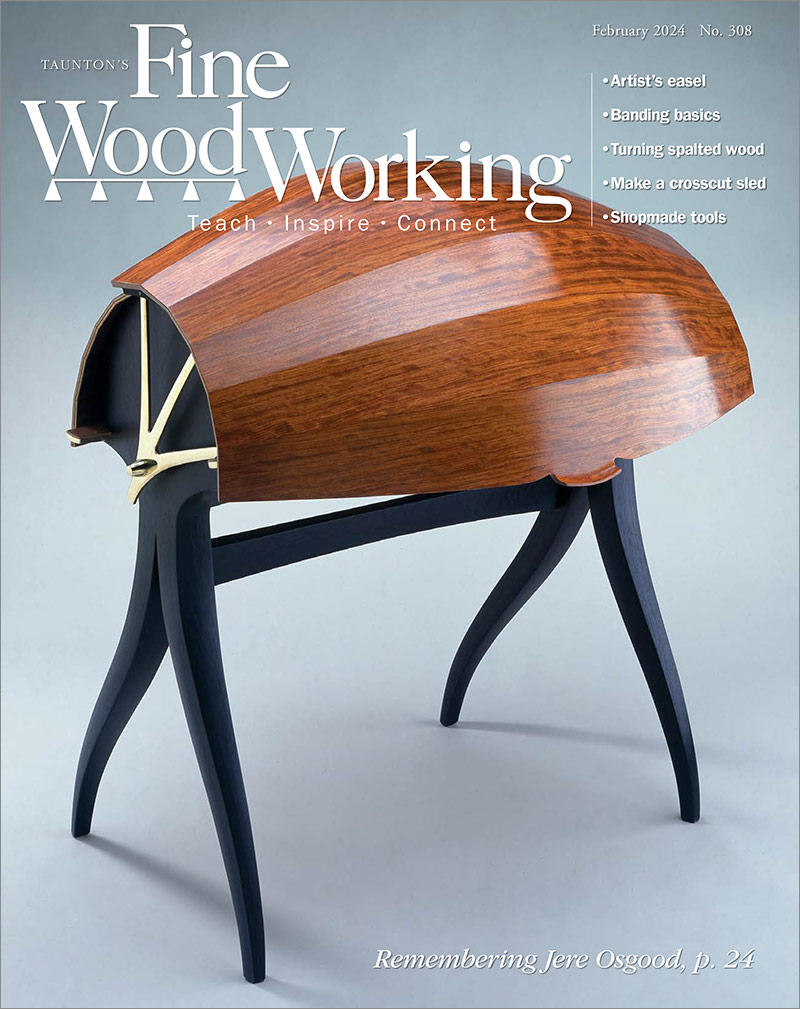
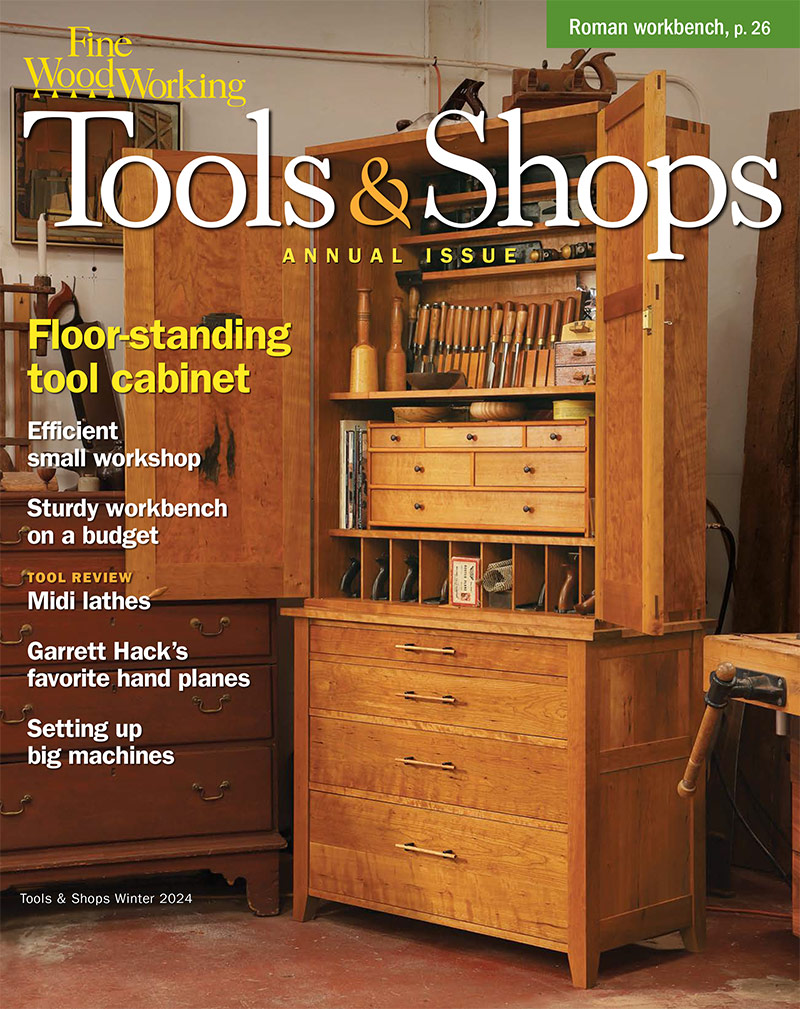
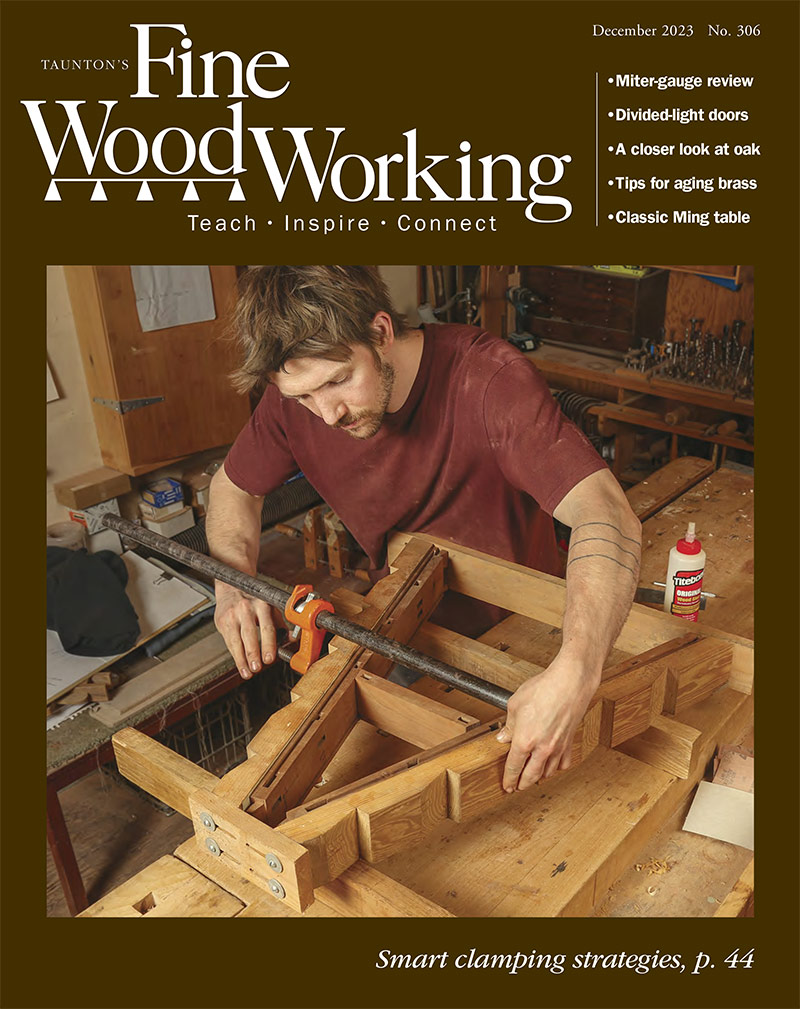
Log in or create an account to post a comment.
Sign up Log in